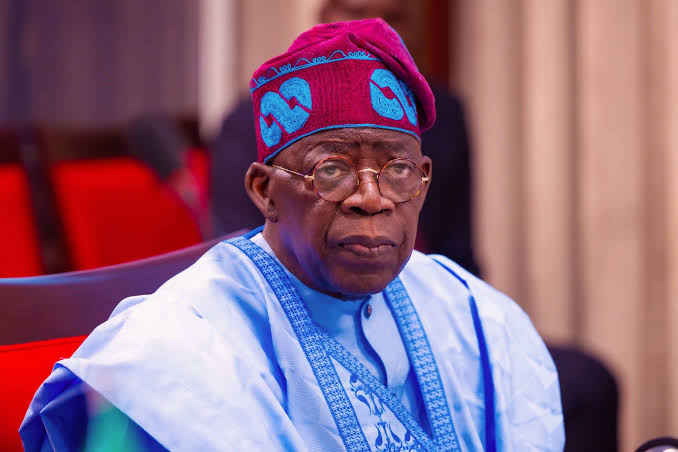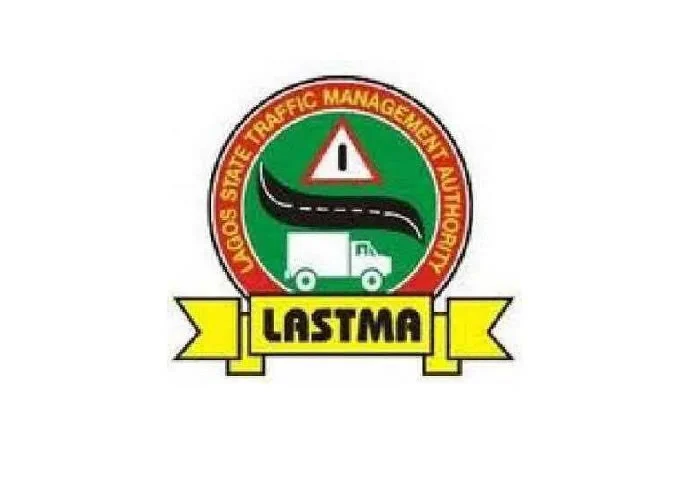Government Investments in Nigeria: A Closer Look

A recent article by Sunday Dare, Special Adviser to President Bola Ahmed Tinubu on Media and Public Communications, sheds light on the government’s investments in various regions of Nigeria. The article challenges the notion that Northern Nigeria is being marginalized and highlights the significant funding allocated to the region for infrastructure development and agricultural investments.
The North is receiving substantial investments in various projects, including the Abuja-Kano Expressway dualization, Sokoto-Badagry Superhighway, Kano-Maradi Railway, and Zungeru-Kano Power Line. Additionally, the government is investing in airport upgrades in Katsina, Maiduguri, and Kaduna, as well as Special Agro-Processing Zones in Borno, Kaduna, and Kebbi.
The article also emphasizes the importance of investments in Lagos and Abuja, citing their significant economic and demographic importance. These cities require substantial investments to support their growth and development, and the government’s investments in these regions are strategic and necessary.
Context is key in understanding government investments, and numbers without context can be misleading. Period-over-period comparisons, adjusted for inflation and exchange rates, are necessary to get an accurate picture.
The article draws parallels with other countries, noting that mega-cities like New York and Johannesburg receive significant federal support due to their economic and demographic significance. Lagos and Abuja, as Nigeria’s largest cities, deserve similar support.
The government’s investments in Nigeria’s regions demonstrate its commitment to national development and growth. By investing in infrastructure, agriculture, and other key sectors, the government aims to promote economic stability and improve the lives of Nigerians. As the country continues to evolve, it is essential to understand the context and significance of government investments in shaping Nigeria’s future.









